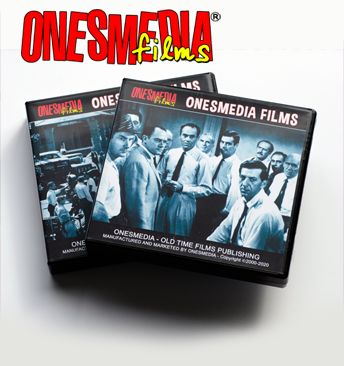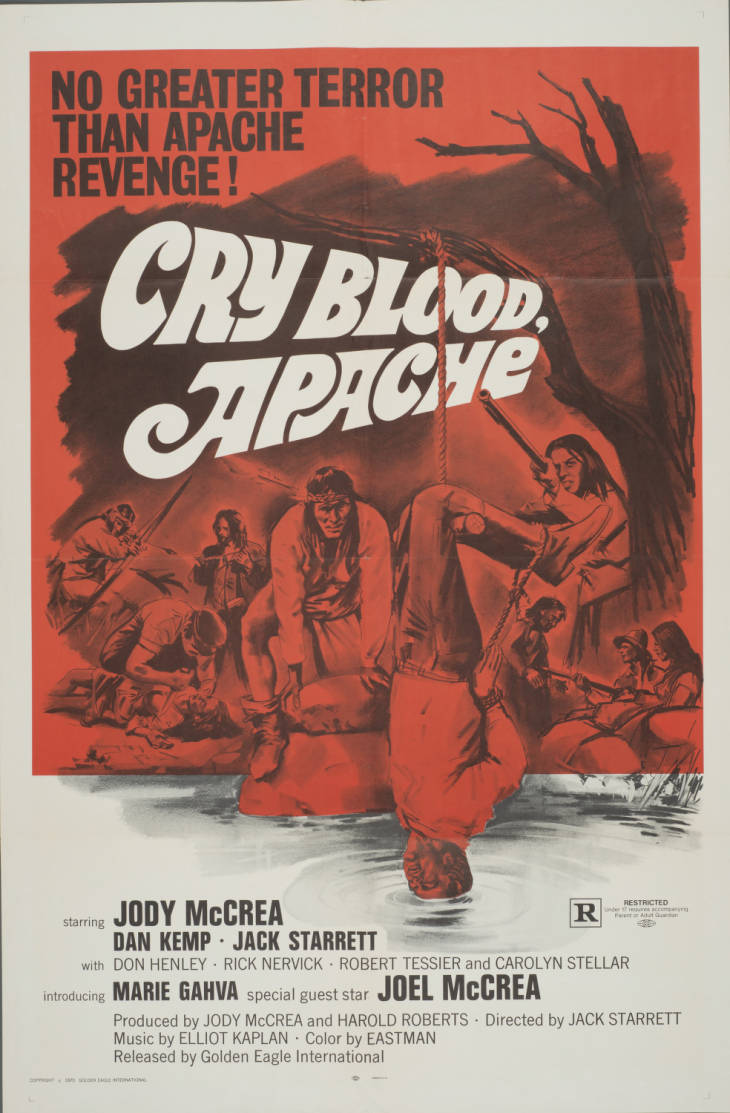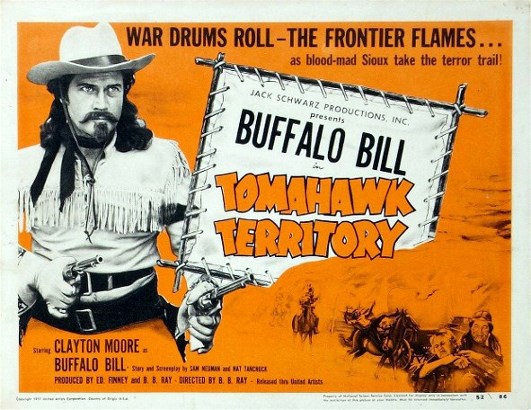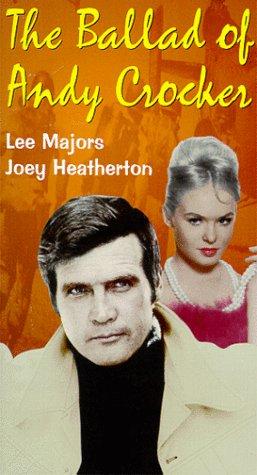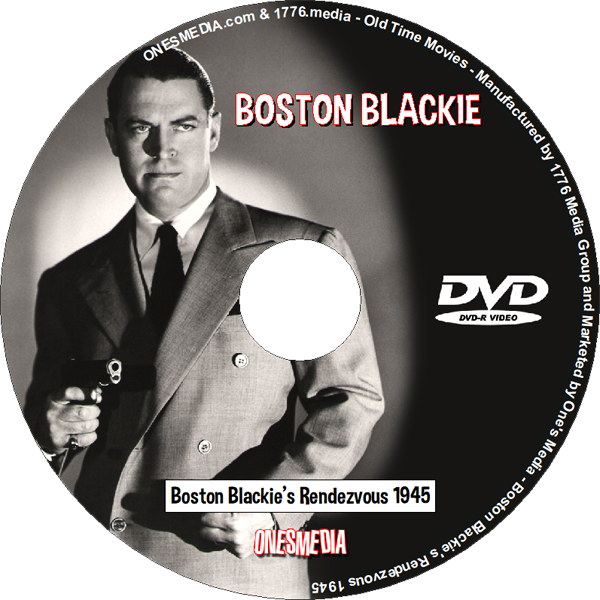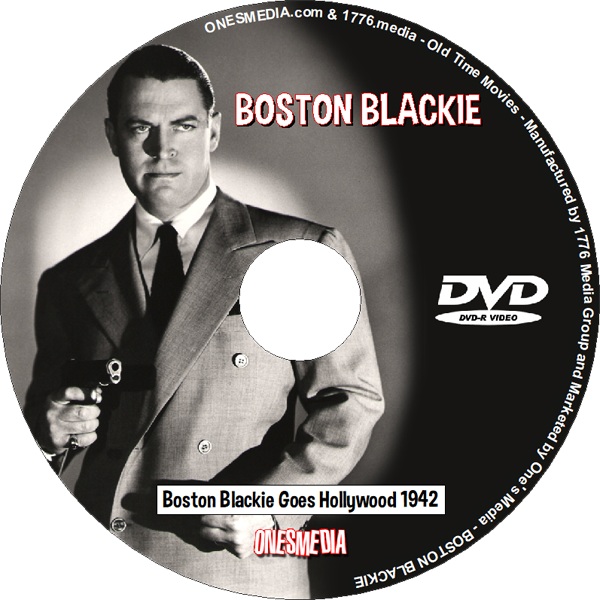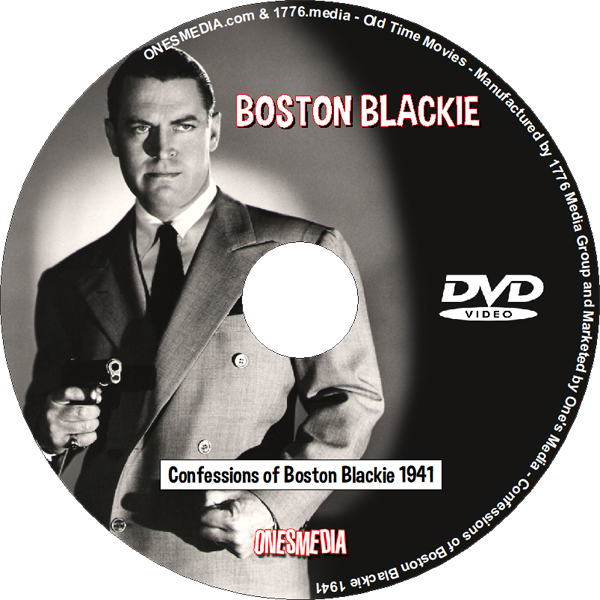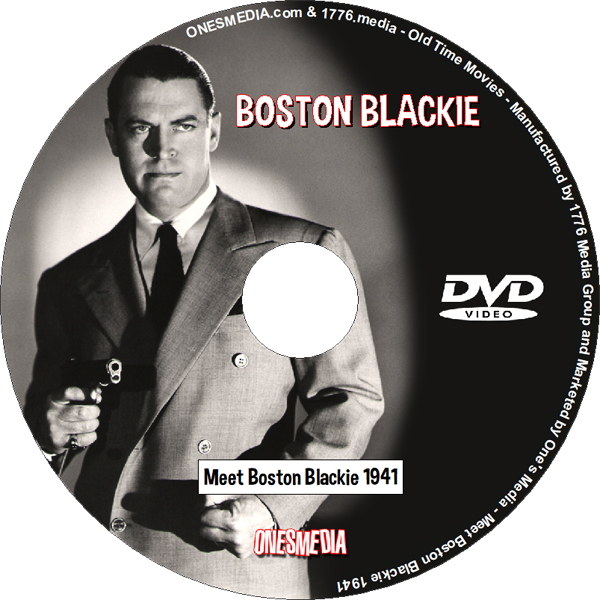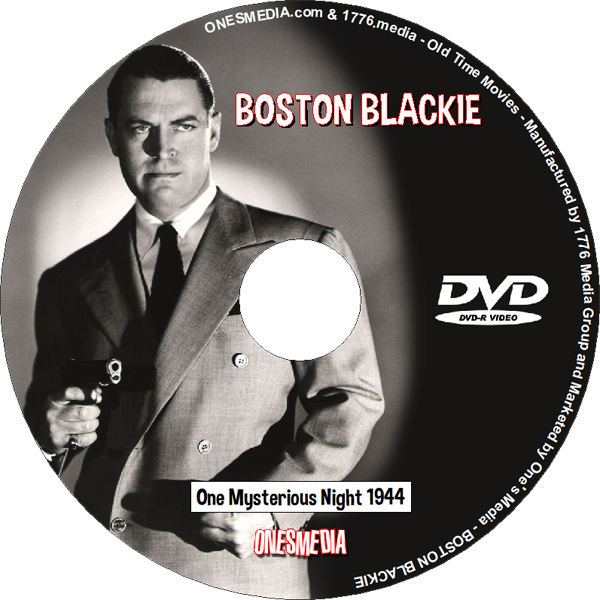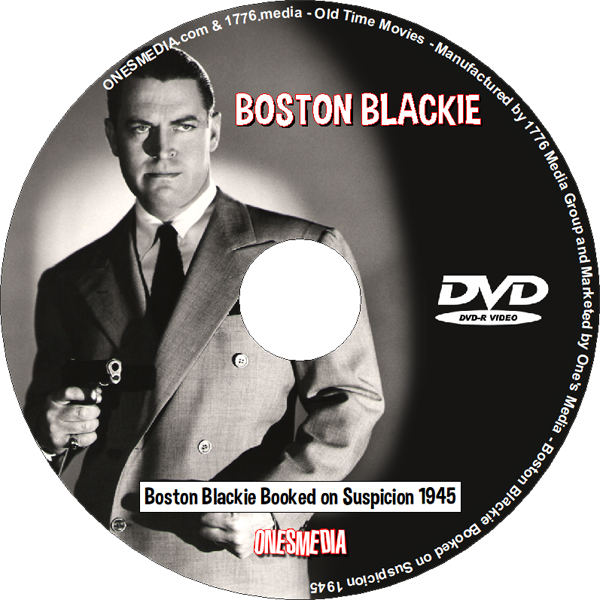Boston Blackie is an iconic character in American film and literature, originating from the works of author Jack Boyle. First introduced in the early 20th century, Boston Blackie quickly became a beloved figure in the realm of detective fiction and subsequently found his way onto the silver screen.
Originally depicted as a professional thief and safecracker, Boston Blackie evolved into a reformed character, using his skills to solve crimes and fight for justice. His transition from a life of crime to a force for good made him a unique and compelling figure in the genre.
In film, Boston Blackie was famously portrayed by actor Chester Morris in a series of popular movies during the 1940s. Morris's portrayal captured the wit, charm, and cunning of the character, endearing him to audiences and cementing his status as one of the most memorable detectives of the era.
Boston Blackie's character is characterized by his quick thinking, resourcefulness, and unwavering sense of morality. Despite his criminal past, he possesses a strong code of ethics and is driven by a desire to right wrongs and protect the innocent.
Throughout his adventures, Boston Blackie navigates a world filled with danger, intrigue, and deception, using his street smarts and ingenuity to outsmart villains and solve mysteries. His sharp intellect and penchant for outwitting adversaries make him a formidable opponent, earning him the admiration of both audiences and fellow characters alike.
Beyond his prowess as a detective, Boston Blackie is also known for his charisma and charisma, effortlessly charming those around him with his wit and charisma. His interactions with friends, allies, and adversaries alike are marked by a sharp sense of humor and a charismatic demeanor that adds depth and dimension to his character.
In essence, Boston Blackie embodies the quintessential qualities of a classic detective hero—courage, intelligence, and a steadfast commitment to justice. His enduring popularity and influence continue to resonate with audiences, cementing his status as a timeless icon of American cinema and literature.




